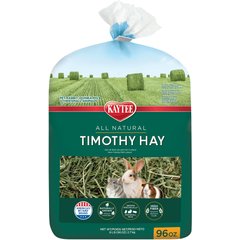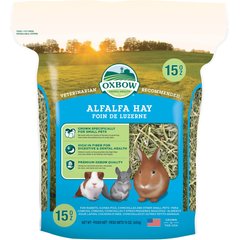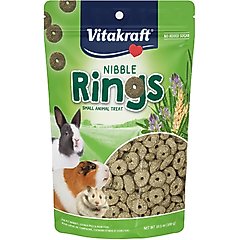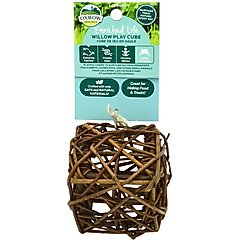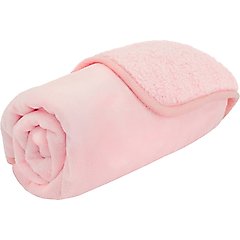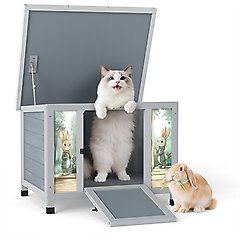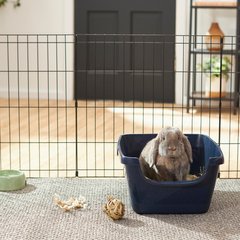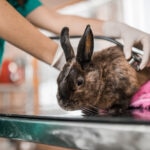6 Things to Know About Caring for Angora Rabbits
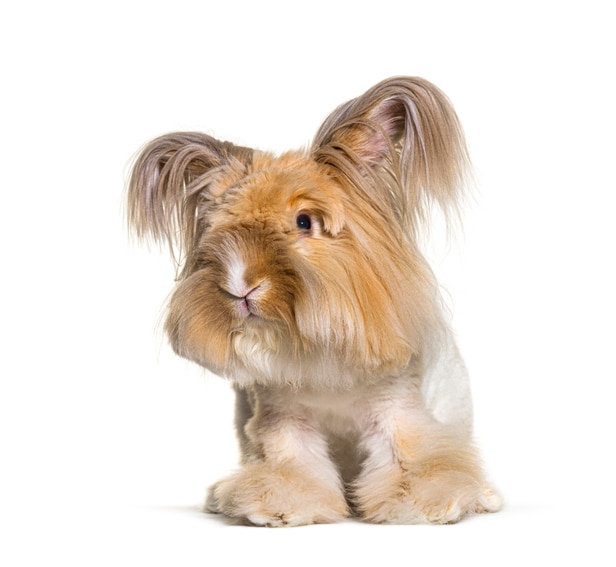
Photo by GlobalP/iStock/Getty Images Plus
Known for their fantastically fluffy coats, Angoras are one of the oldest (and cutest) types of domestic rabbits. Fashionable among French royalty in the 18th century, Angora rabbits remain popular today, thanks to their floofy coats and playful personalities.
Considering adding an Angora bunny to your family? Here’s everything you need to know.
Key Takeaways:
- Like all bunnies, Angora rabbits need a steady diet of hay to keep healthy.
- They’re social creatures who need friends, and you can “speed date” rabbits to see if they get along.
- Grooming and exercise are musts for these stunning bunnies.
What to Know About Caring for Your Angora Rabbit
There are at least 11 distinct breeds of Angoras, with four—the English Angora rabbit, the French Angora rabbit, the Giant Angora rabbit, and the Satin Angora rabbit—recognized by the American Rabbit Breeders Association. The following expert tips apply to Angora bunnies of all breeds.
Angoras Need a Healthy Diet
Like all rabbits, an Angora’s diet should consist primarily of grass hay, such as alfalfa hay for babies and timothy hay for adults. Supplement this with rabbit-safe veggies, a small amount of rabbit pellets, and the occasional fresh fruit snack or high-quality rabbit treat.
While hay is an important part of any rabbit’s diet, it’s especially important for Angora bunnies, who are prone to ingesting hair.
“Since rabbits groom themselves like cats, they often ingest the hair that they lick off with their tongue,” says Wendy Lincoln, founder and director of Magic Happens Rabbit Rescue in Baton Rouge, Louisiana. “They need lots of fiber to keep the hair moving along in their digestive tract—this is extra important when it comes to long-haired breeds like Angoras.”
Recommended Products
Angoras Like to Exercise
Playful and curious, Angora rabbits need enrichment and exercise, just like all other bunnies. Angora rabbits should be able to enjoy daily time outside their pen in a bunny-proofed room.
“Rabbits love to run,” says Elizabeth Luczyszyn, president of Luv-N-Bunns Rabbit Rescue in Philadelphia, noting that they need space outside their enclosure to zoom around. “They enjoy tunnels, [indoor] huts, castles, and willow toys to play with.”
A telltale sign your bun is having fun? Look for binkies, which are high jumps accompanied by kicks and head shakes. “They will jump high in the air and binky for you when they’re free and having fun,” adds Luczyszyn.
Rabbits have trouble with slippery surfaces, so make sure your bunny’s play space has a rug, lots of blankets for cushioning, or a foam floor covering.
Recommended Products
Grooming Is a Must
With all that beautiful fluff, Angora rabbits need a regular beauty routine.
“We recommend daily brushing and grooming for this breed,” Luczyszyn says, noting that Angoras require more care than other rabbits.
If you’re up for the challenge, it’s a great opportunity to bond.
For daily grooming, Luczyszyn suggests a wide-tooth steel comb to remove mats, followed by a slicker brush for the undercoat. Sometimes it’s necessary to shave down Angora rabbits when the hair becomes too long, and you can ask a professional rabbit groomer to help out with this.
Recommended Products
They Need Their Space
In the wild, rabbits typically enjoy a range of 5 to 10 acres. While you can’t re-create a meadow in your home, it’s important to give your Angora a generously sized “safe space.”
“Rabbits need a space large enough so that they can hop more than two strides, even after their litter box, water bowl, and toys are inside,” says Lincoln.
Recommended Products
The larger the Angora, the larger the space should be. “A smaller bun like an English Angora could use a puppy playpen as a minimum for their safe space, but a larger breed like the Giant Angora would do better connecting two playpens together,” says Lincoln.
Recommended Products
Whether an English Angora bunny or French Angora, this breed thrives when they’re permitted to be “free range” in the home. Once you’ve bunny-proofed your space and litter-trained your rabbit, you can let them roam where they like.
“We love free-range rabbits for any breed,” says Lincoln. “After settling in, free-range rabbits tend to be happier, less destructive, and are more confident, as they can come and go as they please.”
Angoras Need Their Friends Around
Rabbits are social creatures, so they need at least one buddy bunny. A 2023 study by the Royal Veterinary College at the University of London found that domestic rabbits housed in pairs engaged in social behaviors including huddling and grooming, and they showed significantly fewer signs of stress compared to single rabbits.
If you’re looking for a companion for your Angora, some rabbit rescues offer bunny “speed dating.” Similar to human speed dating, the bunny meets a number of potential friends for about 10 minutes to determine their best match.
You Should Spay or Neuter Your Rabbit
Pet rabbits should be spayed or neutered to avoid contributing to the overpopulation problem.
Studies have also shown that rates of uterine, ovarian, and testicular cancer are significantly lower in rabbits that have been spayed or neutered. And spaying or neutering can reduce unwanted hormone-related behaviors, including urine spraying and aggression.
FAQs About Angora Rabbits
Q: Do Angora rabbits make good pets?
A: Social, active, and famously adorable, Angora rabbits are great pets for the right family. Because of their long fur, Angoras have extensive grooming needs. Before adopting, make sure you’re prepared to groom them daily and offer plenty of supervised time together outside their enclosure.
Q: How much do Angora rabbits cost?
A: Angora rabbits can cost hundreds of dollars. If you are interested in adopting a bunny, there are many already waiting on their forever homes. Consider a local rabbit rescue group or visit your local shelter.
Q: Are Angora rabbits high-maintenance?
A: Because of their long fur, Angora rabbits require significantly more grooming than other breeds. If you adopt an Angora rabbit, you’ll need to brush them daily.
